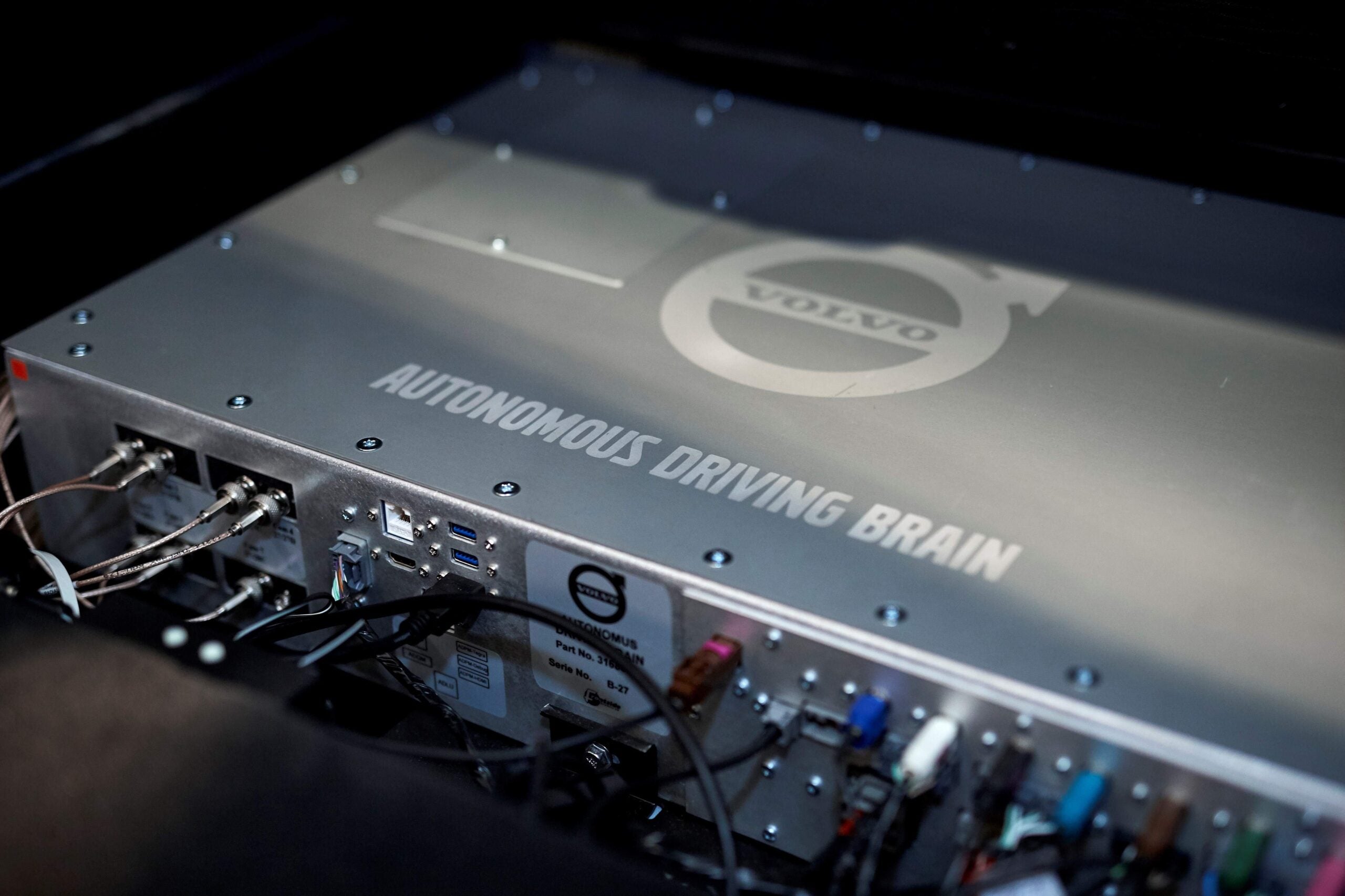
Volvo Cars and chipmaker Nvidia will jointly develop an AI-powered computing platform for vehicles, as the two companies deepen collaboration after entering an autonomous vehicle partnership two years ago.
The Sino-Swedish OEM and the Californian chipmaker, who already collaborate on self-driving cars, will work on a computing core for Volvo’s next-generation scalable car platform, and expect to adopt it in Volvo’s models early next decade.
The collaboration will look at “driver-support systems, energy-management technology and in-car personalisation options”. Work on sensors for driver and surroundings monitoring will also back Volvo’s autonomous vehicle development efforts.
Jensen Huang, chief executive of Nvidia said: “As a world-leader in safety technology and innovation, Volvo understands there is a direct connection between safety, comfort, and the computing capability inside the vehicle.”
Volvo added the new AI-powered core computer will provide a much easier route towards regular over-the-air software updates”. A key challenge for automakers has been how to guarantee the optimal software condition of autonomous vehicles, as the next-gen 5G airwaves required to support high volumes of data remain in the pilot phase and regulators on both sides of the Atlantic favour diverging vehicle connectivity standards.
“A successful launch of autonomous drive will require an enormous amount of computing power as well as constant advances in artificial intelligence,” said Håkan Samuelsson, Volvo chief executive, who was recently reappointed for
How well do you really know your competitors?
Access the most comprehensive Company Profiles on the market, powered by GlobalData. Save hours of research. Gain competitive edge.

Thank you!
Your download email will arrive shortly
Not ready to buy yet? Download a free sample
We are confident about the unique quality of our Company Profiles. However, we want you to make the most beneficial decision for your business, so we offer a free sample that you can download by submitting the below form
By GlobalDataVolvo – whose 2010 acquisition by China’s Geely turned the company’s fate around – has been pursuing a multi-pronged strategy in the development of self-driving technology. It has been supplying vehicles for Uber’s own autonomous vehicle researh since 2016, and set up the Zenuity joint venture with Swedish safety supplier Autoliv and Nvidia around the same time.
The carmaker is eyeing ambitious targets for self-driving technology: its aim is for autonomous vehicles to account for a third of all its sales by the mid-2020s.
For its part, Nvidia has also been collaborating with Volkswagen on the German group’s own autonomous cars efforts, which are led by its Audi brand.







